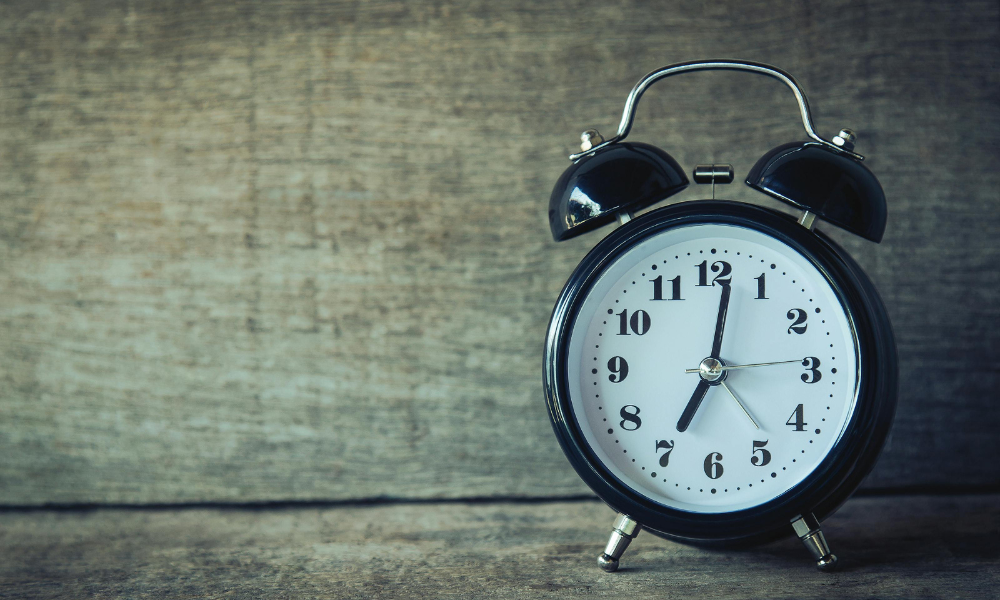
Most of us are guilty of hitting the snooze button now and again. For some, it’s a daily ritual. But new research from Harvard Medical School suggests the snooze button and sleep health may be more closely linked than we think – with the habit costing us hours of restorative rest each month.
Why the Snooze Button and Sleep Health Don’t Align
Sleep is vital for our health and wellbeing, yet many adults fail to achieve the recommended 7–9 hours each night. Work demands, family responsibilities, and social commitments often override our natural circadian rhythms. For this reason, alarm clocks have become essential – but the snooze function, designed to delay wake-up time in short intervals, may be doing more harm than good for sleep health.
Experts recommend setting a single alarm for the latest realistic wake-up time, rather than repeatedly disrupting sleep with snoozes. The reason? Fragmented sleep reduces quality and leaves many feeling groggy.
The Study on Snooze Button and Sleep Health
Researchers analysed six months of data from over 21,000 users of a sleep monitoring app, covering more than 3 million sleep sessions across four continents. The findings, published in Scientific Reports, provide the most detailed look yet at global snooze habits:
-
55.6% of sleep sessions ended with a snooze alarm.
-
Users hit snooze an average of 2.4 times a day, adding up to nearly 6 hours of lost sleep per month.
-
Heavy snoozers (around 45% of users) hit snooze four times daily, spending about 20 minutes in fragmented sleep each morning.
-
Snooze use was more common on weekdays, among late-night sleepers, and in people sleeping longer than 9 hours.
-
Women were more likely to snooze than men, potentially linked to higher insomnia risk and greater sleep pressures.
What This Means for Sleep Health
The study suggests that frequent snooze use may be a marker of poor sleep health, with patterns reflecting irregular bedtimes, shift work, or underlying sleep issues such as hypersomnia. Seasonal changes in snooze use were also noted, with higher reliance in darker winter months, hinting at the role of circadian rhythm disruption.
While the study offers valuable insights, it has limitations: the data came from app users (not necessarily representative of the wider population) and did not capture age, grogginess, or exact sleep quality. Still, the evidence points to the snooze button and sleep health being negatively connected, undermining consolidated, restorative rest.
What Should We Do About Snooze and Sleep?
For healthcare professionals and sleep specialists, the findings underline the need to promote consistent sleep routines and educate patients about the risks of fragmented sleep. Public health campaigns could encourage individuals to:
-
Set one alarm for the latest possible wake-up time.
-
Aim for 7–9 hours of uninterrupted sleep.
-
Keep regular sleep/wake schedules, even on weekends.
-
Address underlying sleep disorders if snooze reliance becomes excessive.
The Bigger Picture: Snooze Button and Sleep Health
Sleep is a cornerstone of physical and mental health. Just as diet and exercise are monitored for wellbeing, sleep habits also warrant closer attention. Understanding why people rely on snooze alarms, and how to reduce this dependence, could play a valuable role in improving population health.
In short, the humble snooze button is more than a minor morning habit – it could be a red flag for wider sleep health issues. Future research will be key to uncovering its long-term impact on daytime performance, productivity, and wellbeing.
For more on the science of sleep, visit the National Institute of Neurological Disorders and Stroke.
Back to News + Insights